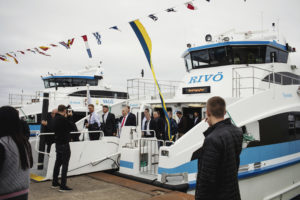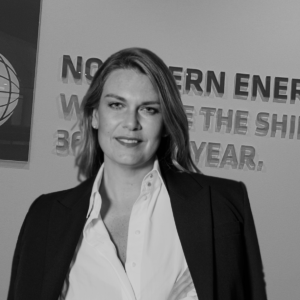When you arrive in Donsö harbour there will be signs directing you to the Exhibition area, approx 10 minutes walk.
There will also be mini-trains from the harbour to the Exhibition area.
Exhibitors
August 31 13:00-20:00 Exhibitors will find name badges at the Information desk in the Exhibition area
September 1 08:00-14:00, 18:00-20:00 Exhibitors will find name badges at the Information desk in the Exhibition area
September 2 Exhibitors will find name badges in their exhibition stand
September 3 Exhibitors will find name badges in their exhibition stand
Shipping delegates
September 1 08:00-20:00 Shipping delegates will find their name badges at the Information desk
September 2 08:00-16:45 Shipping delegates will find their name badges at the Information desk
September 3 08:00-13:30 Shipping delegates will find their name badges at the information desk
Commercial & Financing Meet, September 2
08:00-10:00 Information desk in the Exhibition area
10:30-11:00 In Donsö Missionskyrka
Safety Meet, September 2
08:00-09:45 Information desk in the Exhibition area
Fishing Meet, September 2
08:00-14:00 Information desk in the Exhibition area






